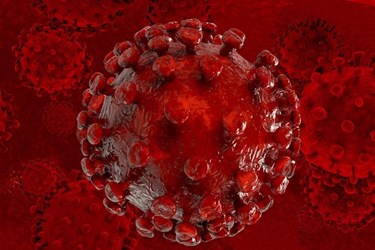Researchers: Proteins That Promote HIV/Ebola Virus Also Inhibit Release

In an unexpected discovery, scientists at Missouri University have found that proteins that promote the entry of viruses like HIV and Ebola into host cells also possess the ability to block the release of these diseases. Scientists feel this discovery helps to better the understanding of these viruses and could lead to new therapies for stopping their progression.
Ordinarily, when a virus infects a healthy human cell, it replicates and spreads to other cells, and the transmembrane immunoglobulin and mucin domain (TIM) family proteins found on the surface of cells have likewise been shown to promote the spread of viruses.
According to a Journal of Immunology study published by Lawrence Kane of the University of Pittsburgh, studies in recent years have shown the potential of TIM family proteins in the immune system to be targets for therapeutic manipulation.
Under the direction of association professor Shan-Lu Liu, Minghua Li, a graduate student at the MU Pathobiology Area Program, ran experiments that showed these TIM-1 proteins’ ability to inhibit HIV’s release and resulted in the diminished replication of the virus.
MU scientists observed that viral particles were building up on the surfaces of infected cells and were bound in place by TIM family proteins, which thus prevented replications or spread of the infection. MU reports that the next step in research will be to study what happens next after the infected cell accumulates a build-up of viral particles.
According to Liu, “We are not at the point to draw a conclusion as to whether this is a positive or negative factor. However, this discovery furthers our ultimate goal of understanding the biology of the TIM-family proteins and potentially developing applications for future anti-virus therapies.”
Gordon Freeman, professor at Harvard Medical School, has analyzed the findings at MU and reports, “The study shows that TIM proteins keep viral particles from being released by the infected cell and instead keep them tethered to the cell surface…We may be able to use this insight to slow the production of these viruses.”
The MU scientists published their findings in Proceedings of the National Academy of Sciences (PNAS).
